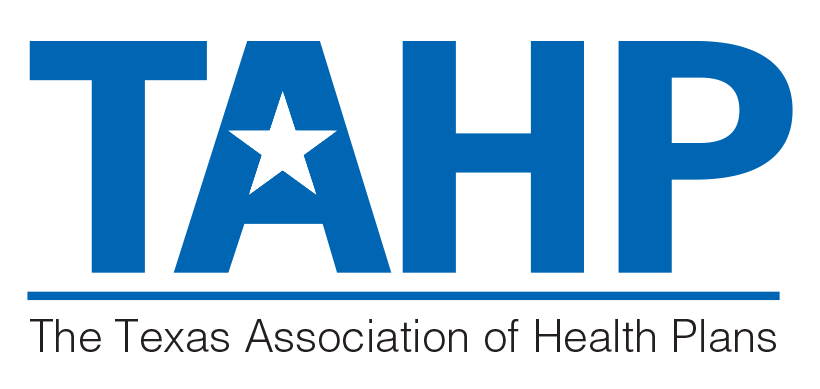
Scrutiny Grows on Pharma Patent Games
Complete Coverage

By: TAHP | Thursday, September 21, 2023
What’s new? Last week, the Federal Trade Commission (FTC) issued a policy statement signaling a clear warning to drug companies for abusive patent maneuvers used to block competition from cheaper generic drugs.
- Central to this is the FDA’s “Orange Book,” which lists approved drugs and their patent statuses.
- Some drug companies have been listing invalid patents, a move that can stall generic drug applications for up to 30 months.
- The FTC’s goal with this policy statement is clear: to ensure that listings in the Orange Book are legitimate and not just maneuvers to block competition.
Why it matters: Nearly a quarter of every health care dollar is already spent on prescription drugs. Everyone deserves affordable medications. But drug companies game the patent system, blocking cheaper generics. This forces many Texans to choose between vital medicines and other basic needs.
This isn’t new: Patent games are standard operating procedure for drug makers.
- Tactics like “evergreening” involve slight tweaks to existing drugs, creating an insurmountable wall of patents to stop competition from lower-price generics.
- And that’s not all. Some pay off generic makers not to compete with pay-for-delay deals.
- The wider problem: Of the 100 best-selling drugs, nearly 50% have played the patent extension game multiple times.
The task at hand: FTC Chair Lina Khan had strong words in the announcement, saying the agency “won’t hesitate to use all [its] tools to combat illegal practices that are inflating the price of health care, including medicines.”
Potential solutions:
- Big savings: Limits on “evergreening” delays would reduce drug prices by $9 billion over a decade, says the Committee for a Responsible Federal Budget.
- Meanwhile, in Congress, Senators John Cornyn (R-TX) and Richard Blumenthal (D-CT) have introduced a bipartisan bill to tackle “product hopping,” where drugmakers tweak patents to extend exclusivity.
- Texas Legislature’s role: Last session, lawmakers in Austin took aim at insulin prices. The bipartisan SB 241, by Senator Charles Perry & Rep. James Talarico, ensures insulin manufacturers aren’t blocking generic alternatives through market manipulation.
The bottom line: Texans deserve access to more affordable medications. SB 241 is a step in the right direction, but more needs to be done to protect patients. The FTC’s recent policy statement is a step in the right direction, signaling a commitment to fair drug pricing.
TAHP advocates for bipartisan solutions that hold pharmaceutical companies accountable for out-of-control drug prices and provide more affordable choices for patients. We believe in market-based reforms that address the underlying causes of high drug prices in the U.S. through increased transparency, competition, and value.
Stay updated on the latest TAHP news

Articles written by TAHP’s team of policy experts that examine the research, trends, and impact of the most important health care policy issues facing Texas and the country today.

Weekly news clips assembled by the TAHP team that highlight the top headlines from the health insurance and health care worlds, as well as important political updates.
